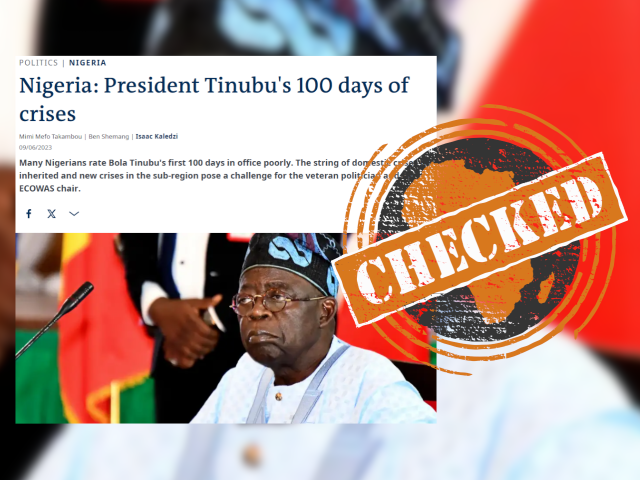Looking to spur an ailing economy, Nigeria’s acting president recently signed the 2017 budget into law, following months of delay.
The country last year experienced a contraction of its economy - the first in 25 years - due to low international oil prices, its main revenue earner.
"This budget is a budget of economic recovery and growth. It is designed to bring Nigeria out of recession," acting president Yemi Osinbajo said after signing the record N7.44 trillion (US$23.6 billion) budget on 12 June.
Osinbajo, the vice president, is filling in for President Muhammadu Buhari, who has been on medical leave in the United Kingdom since 7 May 2017. The budget was passed by lawmakers in May, who increased it from the N7.3 trillion that Buhari had submitted in December 2016.
During the review, senate minority leader Godswill Akpabio was reported to have said that the 2017 budget represented the first time national spending on roads, power, railways and so forth would reach 30% of the total.
What is the current budget?
Through numerous phone calls and messages, Africa Check attempted to reach Akpabio to confirm that he made the reported remarks, but he did not respond.
The 2017 budget has N2.18 trillion set aside for spending on public projects, or about 29.3% of the total. (Note: This figure does not include N434.4 billion in special funding to statutory bodies such as the Niger Delta Development Commission.)
An economist at Lagos-based Vetiva Capital Management, Michael Famoroti, provided Africa Check with his analysis of government spending on development projects over the last 10 years.
The figures were sourced from the Budget Office of the Federation and news reports.
In the decade reviewed, Nigeria’s infrastructure budget has more than doubled: from N1.25 billion in 2008 to N2.18 trillion in 2017.
The 2015 budget signed by former president Goodluck Jonathan saw the lowest allocation to infrastructure projects in the period - at N556.9 billion, or 11% of the budget.
In at least 3 of those years - 2008, 2010 and 2013 - the allocation to capital projects has been more than 30% of the budget. The infrastructure share during this time was the highest in 2008, when it made up 37% of the total budget.
This is yet to happen in the first two years of Buhari’s administration. In the 2017 budget it is 29.3% while in 2016 it was 26.2%.
“Strictly speaking, capital expenditure allocation has surpassed 30% on a few occasions in the last decade based on available data,” Famoroti told Africa Check. “But actual cash-backed disbursement and [ministries, departments and agencies] utilisation has usually fallen short.”
Expenditure on projects is usually the first item to lose out if the budget faces challenges such as delays, inadequate funding and graft, the economist noted. His calculations shows that actual spending “barely tops 20% of budgeted spending for any year”.
“[The] key thing is implementation and monitoring. Given that capital expenditure is funded by borrowing, it is important that stakeholders scrutinise what the funds are used for,” said Famoroti.
Conclusion: Nigeria has allocated more than 30% of its budget on development projects before
During the drawn-out approval of Nigeria’s 2017 budget, a lawmaker said that it was the first time that allocations to development projects had surpassed 30% of the budget.
Senate minority leader Godswill Akpabio further urged less spending on recurrent expenses such as salaries so as to free up money to spend on power, railways and roads.
We looked at the last decade to see if the numbers stacked up. In at least 3 years of those, funding for development projects exceeded 30% of the total budget.
We therefore rate the minority leader’s claim as incorrect. That said, an analyst explained that implementation should be the main focus, as only a small proportion of budgeted capital expenditure funds actually reached the intended agencies.



Add new comment